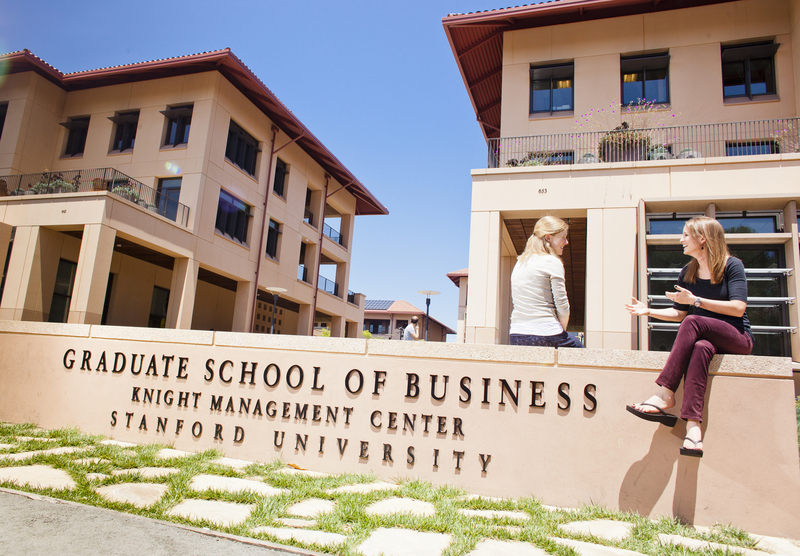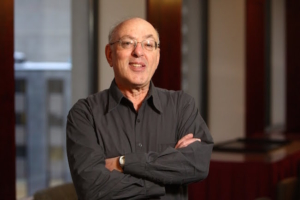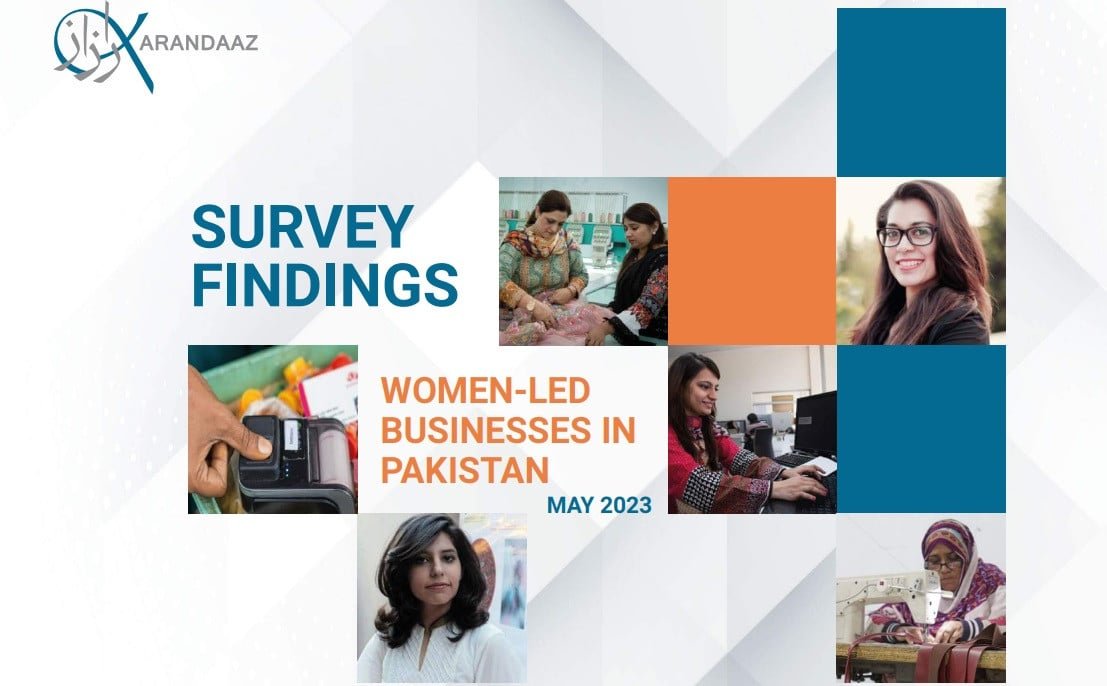

Stanford GSB’s MSx program has among the most experienced cohorts in graduate business education, with an average 12.5 years experience in the workforce
“Using the classroom to help develop people already practicing management is a fine idea, but pretending to create managers out of people who have never managed is a sham.”
It is twenty years since Canadian academic, Henry Mintzberg, wrote Managers, Not MBAs, his bold critique of how managers are educated. He argued that leaders cannot be created in a classroom, they arise in context. But people who already practice management can significantly improve their effectiveness given the opportunity to learn thoughtfully from their own experience.
“The MBA trains the wrong people in the wrong ways with the wrong consequences,” Mintzberg insisted. “The problem today is that the analytical side is overemphasized, especially in MBA programs, which teach mostly that. They give the impression that managing is all about analysis. Even case studies, which are detached from reality, make it seem like you can manage by reading reports and making decisions in a vacuum.”
He called for a more engaging approach to managing and a more reflective approach to management education. Mintzberg also outlined how business schools can become true schools of management.
‘OKAY, I’D BETTER DO SOMETHING’


Professor Henry Mintzberg: “You’re not supposed to ask those questions of an academic, because we’re not supposed to do anything about anything. But eventually I got embarrassed, so I said, ‘Okay, I’d better do something’”
The award-winning Cleghorn Professor of Management Studies has been teaching for the past 56 years at the Desautels Faculty of Management at McGill University. It was here that in 1996 he co-founded an alternative management program called the International Masters Program for Managers.
The IMPM is a modular, international program based at McGill and four other business schools around the world. It is different from an MBA, Mintzberg says, because it accepts a different type of student, and different from the standard EMBA because of its heavy emphasis on reflection.
In a previous Poets&Quants article, THE MBA For the Anti-MBA Crowd, Mintzberg says he founded the IMPM partly out of embarrassment. He was visiting business schools to talk about flaws in their MBA programs, and people started asking him what he was actually doing about it.
“You’re not supposed to ask those questions of an academic, because we’re not supposed to do anything about anything,” he jokes. “But eventually I got embarrassed, so I said, ‘Okay, I’d better do something.’” So he created the IMPM.
Students on the program are older on average than MBA students, with an average of 11 years of management experience already. During each module, across Canada, Japan, Brazil, India and the UK, students are given time to reflect on what did and didn’t work, keeping a journal of these reflections. Many feel as if they themselves have written an entire management book.
LEVERAGING YOUR EXPERIENCE AT B-SCHOOL
But the IMPM is not the only program that has a more experienced cohort. Stanford Graduate School of Business and MIT Sloan both provide a full-time alternative for mid-career professionals. Students entering the Stanford MSx have on average 12.5 years of work experience, while 80% of the MIT Sloan Fellows are between 30 and 40 years old.
Phoebe Park, co-founder of Sabi Partners LLC, began the Stanford MSx after 12 years in the workforce. “It was important to me to be in-person and on-campus with faculty and classmates to optimize my experience and learnings and to build strong connections,” Park says. “As a mid-career professional, I also valued program format and the ability to devote one uninterrupted year to my academic, professional, and personal enrichment.”
Phoebe’s classmates had successful start-ups (and scale-ups) with exits, had run government pension funds, and had overseen global distribution and logistics operations for multinational companies. “Whether it was ice cream, cyber intelligence, Covid vaccines, or aerospace, the colorful experiences of our cohort provided an unparalleled platform for learning and collaboration.”
In contrast to full-time MBAs, which often focus on core business fundamentals like finance, operations, and marketing, these programs concentrate on engaging in deeper discussions on high-level decision-making and personal growth, often with flexible learning structures that allow them to balance professional responsibilities. Networking is also a crucial component, with cohorts composed of professionals from diverse industries and geographical backgrounds.
EXPLORING A DIFFERENT PATH


MIT Sloan Admissions Director Dawna Levenson: “SFMBA students take advantage of this program to reflect and build upon the type of leader they want to be and leverage the flexibility of the program’s course and extracurricular offerings to advance or pivot their career with a focus on making a positive impact.”
Why would experienced leaders and successful mid-career professionals need a Sloan Fellows MBA when they’ve already achieved so much in their career?
For Dawna Levenson, assistant dean of admissions at MIT Sloan, the Sloan Fellows MBA program is a great option to consider for those who are ready to explore a different path, and put ideas into action.
“The opportunity to step away from the working world for one year allows SFMBA students to fully immerse in a global network of peers to learn from, and experiment with different courses and industry interests, in a supportive environment,” Levenson says.
Morgan McCray, a senior business operations manager at Ford Pro Charging, had considered business school earlier in her career, but it was only when she was in the Sloan Fellows classroom that she realized how important it was to her to be surrounded by classmates with a greater level of experience.
“It means a lot to hear from the CFO sitting next to you, and from everybody else that you need to fill an organization with. It’s just a different conversation. You can always read a book on the mechanics of a function, but the living experience of seeing it on good days, on bad days, of things that go behind the scenes in all sorts of industries is just invaluable.”
Candidates entering the program have an average of 15 years of workplace experience, which for Levenson is a great time to think about the next stages of your career.
“SFMBA students take advantage of this program to reflect and build upon the type of leader they want to be and leverage the flexibility of the program’s course and extracurricular offerings to advance or pivot their career with a focus on making a positive impact.”
EXPERIENCE, EXPERIENCE, EXPERIENCE


Assistant Dean of Admissions and Financial Aid at Stanford Graduate School of Business Erin Nixon: “MSx students are eager to learn and want to make the most of the year on campus, so they are highly engaged academically. In the most recent class, more than half have advanced degrees. MSx students have a high degree of intellectual curiosity and that shows up every day in the classroom and beyond”
So is bringing richer experience into the classroom the secret to addressing Mintzberg’s lifelong critique?
The MIT SFMBA, IMPM, and Stanford’s MSx are tailored for mid-career and senior executives, typically with 10 to 15 years of experience. These seasoned professionals aren’t seeking to build their CVs, but are looking for technical and advanced expertise.
“Faculty appreciate the SFMBA students’ breadth of knowledge as seasoned professionals, and the examples shared over their journeys that they bring to the classroom” highlights Levenson. “They can draw from first-hand management experiences over the course of their career and share insights about different course topics that provide diverse perspectives to enrich class discussions.”
For David Cavey, vice president of operations for software development company Trilogy, unique experiences and programs are far more valuable than a cookie-cutter degree that everybody else has. “I go to school to learn and become a better leader, manager, and colleague — an MBA only offered half of that. With half the learning coming from the cohort, not just the professors and lecturers, the IMPM was the perfect hybrid. The learnings I get from other seasoned executives are invaluable.”
And faculty love the experience of their students, too.
“On average, Stanford MSx students have well over a decade of real world, professional experience and most have led complex projects, teams and/or organizations,” explains Erin Nixon, assistant dean of admissions and financial aid at Stanford GSB. “Faculty are enthusiastic to teach our students because they have many examples of successes and failures to share during class discussions.
This year’s MSx class includes students from 26 different countries around the world. They work across 32 unique industries, and 44% hold Executive titles. Nixon says that students learn from each other as much as they do from faculty. “Having subject matter experts as classmates adds to the richness of the educational experience.
“MSx students are eager to learn and want to make the most of the year on campus, so they are highly engaged academically,” she continues. “In the most recent class, more than half have advanced degrees. MSx students have a high degree of intellectual curiosity and that shows up every day in the classroom and beyond.”
Participants become part of a diverse group of accomplished peers. Alumni of the IMPM are invited to annual gatherings, expanding their network further, and can also to retake elements of the program later on, with a whole new cycle of classmates. Becoming an MIT Sloan Fellow means joining an alumni network of 4,000 Fellows, that the school describes as high-impact, low-ego leaders. And alumni of Stanford’s MSx join the alumni network of over 30,000 Stanford GSB alumni and 230,000 Stanford University alumni across the globe.
By focusing on seasoned professionals, these courses provide an extraordinarily rich, more contextualized learning experience. For Henry Mintzberg that is poetry in management. “T.S. Eliot wrote in one of his poems that ‘We had the experience but missed the meaning.’ This program is about managers getting the meaning of their experience.”
ENGAGEMENT & ACTION
“I originally saw reformation as three steps, but I’ve come to realize it’s really just two,” Mintzberg reflects. “The first step is engaging yourself…personal engagement. The second step is action. And by action, I don’t mean occupying Wall Street or protesting because Trump was elected. That kind of action doesn’t necessarily address the real issues at hand — it’s reactive, not proactive. The kind of action I’m talking about is more substantial; it’s aimed at addressing the behaviors behind those problems.”
With greater experience comes a deeper understanding of when and where help and coaching are needed; naturally, with more years in management, participants are not looking for doors to be opened, but applicable solutions to actually problems they face on the daily. As a result, all three programs are highly practical. The MIT Sloan Fellows is fully customizable, allowing participants to tailor the program to best suit their profession. Stanford’s MSx offers additional support through its LEAP program (Leadership Evaluation and Action Planning), which provides a comprehensive assessment of how the learnings can be applied. Meanwhile, the IMPM incorporates reflection essays, managerial exchanges, and company visits, giving participants the chance to apply their insights directly within a business context.
This practical, experiential approach, combined with opportunities for global exposure and direct engagement with business environments, sets these programs apart from the more academic focus of traditional MBAs.
“It’s very different!” insists David Cavey. “Traditional management education focuses on the business disciplines, which every manager should already know via previous education or on-the-job learning. The IMPM goes further and challenges us to apply our knowledge to complex situations with the guidance of an international cohort and faculty from every corner of the globe. Traditional education is always there, and can be learned in any MBA/traditional program worldwide, but it is very rare to find a program that offers the practical and innovative approach of the IMPM.”
“It challenges us to be far more reflective, to develop personally, and to think deeply about where we can provide the most value in our organizations.”
Is it never too late to change lives and change the world?
“In one word: Never!” exclaims Stanford GSB’s Erin Nixon. “This program is a wonderful opportunity for experienced professionals to take a year to learn, redefine themselves and explore what is possible.”
See the next page for an interview with Erin Nixon, Stanford’s Assistant Dean of Admissions and Financial Aid, and graduates of the MSx program. See page 3 for an interview with MIT Sloan’s Dawna Levenson and recent Sloan grad Morgan McCray. See page 4 for an interview with graduates of the IMPM.





